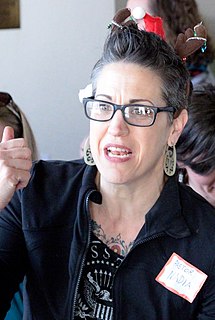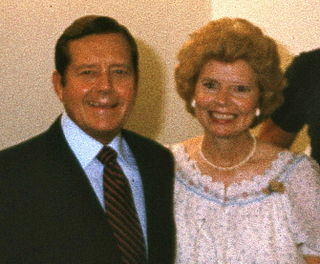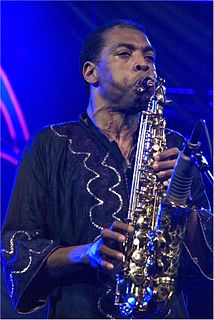A Quote by Jojo Moyes
I chose to believe that God, a benign God, would understand our sufferings and forgive us our trespasses.
Related Quotes
There are two gods. The god our teachers teach us about, and the God who teaches us. The god about whom people usually talk, and the God who talks to us. The god we learn to fear, and the God who speaks to us of mercy. The god who is somewhere up on high, and the God who is here in our daily lives. The god who demands punishment, and the God who forgives us our trespasses. The god who threatens us with the torments of Hell, and the God who shows us the true path.
There are two gods. A god who casts us off because of our sins, and a God who calls to us with His love.
To forgive the incessant provocations of daily life - to keep on forgiving the bossy mother-in-law, the bullying husband, the nagging wife, the selfish daughter, the deceitful son - how can we do it? Only, I think, by remembering where we stand, by meaning our words when we say in our prayers each night, “Forgive our trespasses as we forgive those who trespass against us.” We are offered forgiveness on no other terms. To refuse it is to refuse God’s mercy for ourselves. There is no hint of exceptions and God means what he says.
Besides loving each other, we must bear with each other and pardon ? 'forgive them that trespass against us' ? in order that our heavenly Father may 'forgive us our trespasses' (Mt. 6:14). Thus, with all your soul honor and love in every man the image of God, not regarding his sins, for God alone is Holy and without sin; and see how He loves us, how much He has created and still creates for us, punishing us mercifully and forgiving us bounteously and graciously. Honor the man also, in spite of his sins, for he can always amend.
God is faithful and just to forgive us our sins and to cleanse us from all unrighteousness. So to confess is to breathe in and to ask God to forgive me of my sins. And as we breathe out we breathe out the impure air and breathe in the pure air. I would say the pure air is knowing that God has forgiven us of our sins.
Many of our attempts to understand Christian faith have only cheapened it. I can no more understand the totality of God than the pancake I made for breakfast understands the complexity of me. The little we do understand, that grain of sand our minds are capable of grasping, those ideas such as God is good, God feels, God loves, God knows all, are enough to keep our hearts dwelling on His majesty and otherness forever.
There is nothing small about our God, and when we understand God we will find out that there ought not to be anything small about us. We must have an enlargement of our conception of God, then we will know that we have come to a place where all things are possible, for our God is an omnipotent God for impossible positions.
And there is something profoundly humbling about knowing God. I’m not talking about the trinket God or the genie-in-a-lamp God. I mean the God who invented the tree in my front yard, the beauty of my sweetheart, the taste of a blueberry, the violence of a river at flood. There are a lot of religious trends that would have us controlling God, telling us that if we do this that and the other, God will jump through our hoops like a monkey. But this other God, this real God, is awesome and strong, all-encompassing and passionate, and for reasons I will never understand, he wants to father us.
We must embrace our differences, even celebrate our diversity. We must glory in the fact that God created each of us as unique human beings. God created us different, but God did not create us for separation. God created us different that we might recognize our need for one another. We must reverence our uniqueness, reverence everything that makes us what we are: our language, our culture, our religious tradition.




































